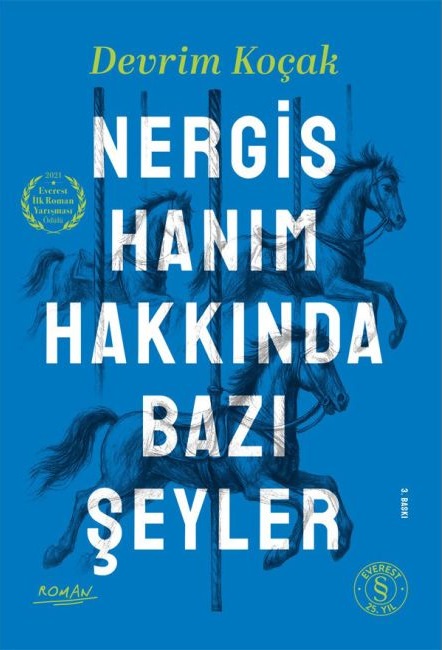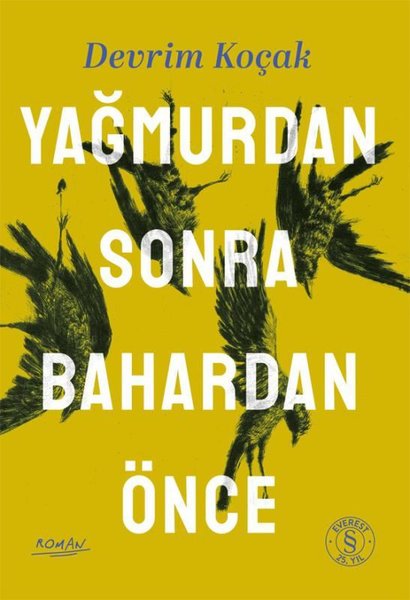Is suffering or awareness the atonement for Raskolnikov’s crime?
In Dostoyevsky’s Crime and Punishment, Raskolnikov’s atonement for his crime is associated with both suffering and awareness (specifically, a moral and spiritual awakening). However, the novel’s deep philosophical underpinnings demonstrate that this process is not simply punishment or repentance.
- Suffering: Physical and Spiritual Torture
Raskolnikov experiences spontaneous suffering after the murder. The burden of the crime makes him physically ill, drives him to the point of madness, and isolates him from society.
Exile to Siberia (a figurative and literal punishment) is the institutionalized form of this suffering. However, for Dostoyevsky, suffering is not merely punishment; it is a path to purification.
According to the Christian themes emphasized throughout the novel, suffering is necessary for the atonement of sin and the cleansing of the soul.
- Awareness: Moral and Existential Awakening
Raskolnikov’s true transformation begins with the collapse of the theory of the “superman.” While claiming that he is not bound by the moral codes of ordinary people, his murder ultimately forces him to accept that he too is “ordinary.”
Sonya’s role is critical here. Her pure love and self-sacrifice remind Raskolnikov of the concepts of mercy and responsibility. Sonya reads him the “Resurrection of Lazarus” from the Bible, a symbol of spiritual rebirth.
The repentance and discovery of love he experiences in Siberia at the end of the novel demonstrate that the true atonement for crime is the awakening of conscience. For Dostoevsky, true punishment is the end of self-deception and a return to humanity.
- Dostoevsky’s Philosophy: Crime and Atonement
Dostoevsky explores the conflict between rationality and faith in Raskolnikov’s journey. Raskolnikov’s theoretical nihilism (Napoleonic notion of the superhuman) is shattered by suffering and love.
Atonement is the individual’s reconnection with society and God. Therefore, Raskolnikov’s embrace of Sonya and his tears in the final scene symbolize the beginning of a new life.
In summary:
Raskolnikov’s atonement is both suffering and awareness, but the two are inseparable. Pain is a means that leads him to the truth; awareness is this truth itself. Dostoevsky emphasizes that the punishment for crime is fulfilled in the human soul, beyond legal systems. The novel’s finale points to Raskolnikov’s “resurrection through love,” which is his true salvation.
“They belonged to each other forever. Seven years, only seven years! At first, neither of them knew that these seven years would pass in tears of joy.”
(Crime and Punishment, Epilogue)



